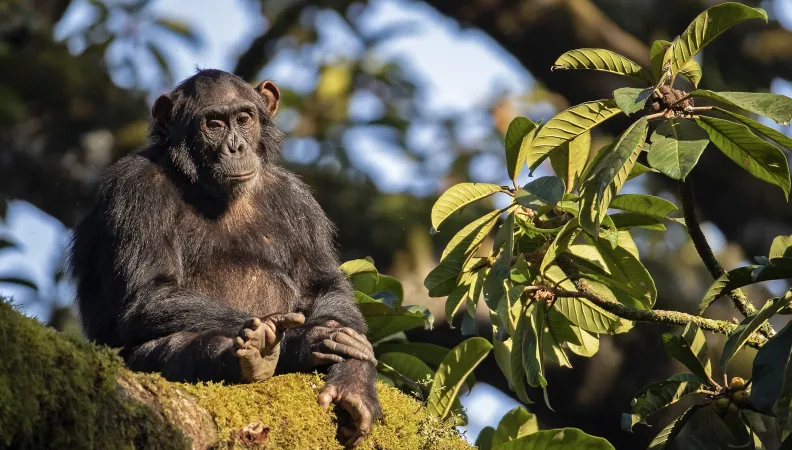Share the page
“The planet needs horizontal instruments like the FFEM”: interview with Monique Barbut
Published on

Now President of WWF France, Monique Barbut was already playing a key role during the Earth Summit negotiations in Rio back in 1992. The very first Secretary-General of the FFEM at its foundation, she has since led the Global Environment Facility (GEF) and other organisations. Here, she sets out her vision of current environmental challenges and the role the FFEM is able to play.
Monique Barbut, President of WWF France
How to respond to the climate and biodiversity crises?
Monique Barbut: These two crises feed off of each other, and are both attributable to human activities. To remain within the planet’s limits we must revisit our models: stop raising more livestock than the land can accommodate, stop taking more wood than our forests can give... Political decisions must be informed by science, and must be taken quickly. Limiting emissions will not mitigate warming if the large emerging countries don’t also aim for carbon neutrality. Meanwhile, much remains to be done in terms of reducing and adapting to climate change. Basically, these questions must be tackled in all their complexity, with a cross-cutting rather than silo approach, because they are intertwined. Nature-based solutions offer great promise so we need to accelerate their application.
Is it still possible to reverse the trend?
M.B: To reverse the trend we have to tackle both crises together. In fact, the IPBES and the IPCC have just published a shared report proposing solutions to address both of these deeply-interconnected challenges.
We can't fight what has already been done, but it’s still possible to avoid the worst, through taking on a double challenge: how we consume and how we produce. We need to invent new models, and work intensively on regenerating Earth’s ecosystems. It’s always astonished me that we measure the health of our economies solely by economic growth. This year, we’ve seen GDP figures decline, all because of a pandemic which evidence suggests may well be linked to the deterioration in ecosystems. If we continue down this path, economic decline will be forced on us. That’s why it’s in our interest to create smart growth which serves our needs, without wasting natural resources for goods we don’t always need. This change will come from another way of calculating our wealth.
How do you see the FFEM’s role in future?
M.B: Because of its size, the FFEM can be agile and able to quickly test out solutions. It acts as a governance and solutions laboratory, and should continue to do so. It also must continue to work within an international dynamic. Since its foundation 25 years ago it hasn’t disappointed - quite the opposite. Despite modest means, today the FFEM is an instrument that is known and respected throughout its operational ecosystem. It has to consolidate its role as a laboratory. The planet needs horizontal instruments like the FFEM, so wherever possible it must continue to support projects which test out solutions by looking at problems with a cross-cutting approach.
